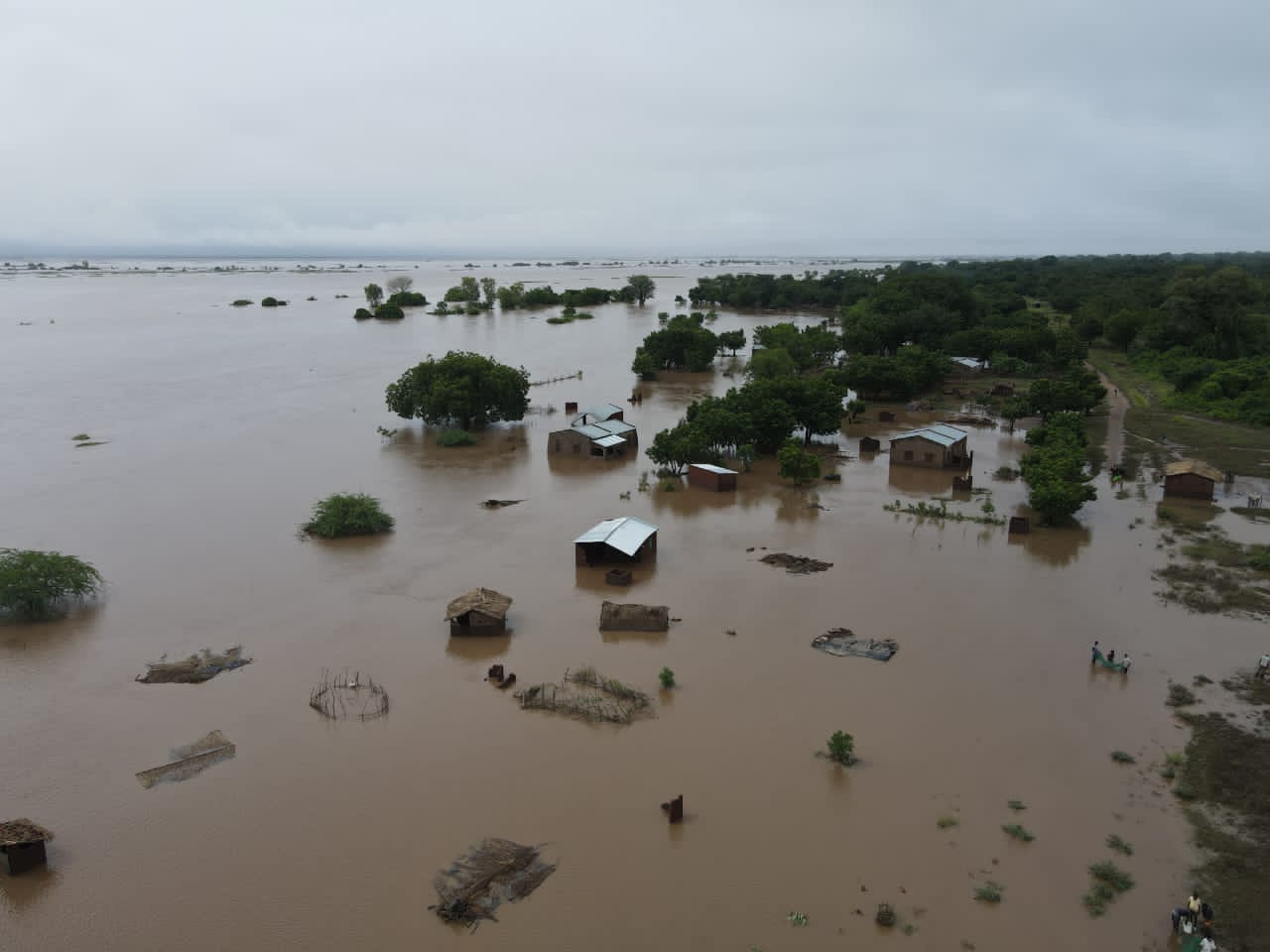Comparative Study in the Early Warnings and Early Actions before Tropical Cyclone Freddy in Southern Malawi in areas with and without previous Anticipatory Action programming Quantitative Data Findings and Analysis

Malawi Red Cross Society (MRCS) and Danish Red Cross (DRC) conducted a comparative study to assess whether previous AA programming increases the chances of hearing, believing, and acting upon early warnings. The study was conducted in response to Tropical Cyclone Freddy, which struck Southern Malawi in March 2023.
The study finds that living in areas with previous AA programming increases the likelihood of hearing, believing, and acting upon early warnings with almost 20 percent, compared to communities without such programming. Additionally, the findings indicate that AA programming helps to equalize gendered barriers, with an equal percentage of men and women (92%) in areas with AA programming hearing early warnings, compared to fewer women (70%) in areas without AA programming. The study finds that time spent in evacuation shelters was similar across areas with and without AA programming, suggesting an existing gap in addressing dignity and improving return and recovery opportunities for internally displaced people.
Moreover, individuals connected to the wider community and public institutions tend to hear, believe, and act upon early warnings to a larger extent than those who spend time at their own house, farm, or with a private employer. This suggests that public dissemination of early warnings is effective, but also that more efforts should be made to reach community members who do not participate in public spheres. Overall, the findings suggest that investing in AA increases the likelihood of individuals and communities taking timely measures in anticipation of forecasted disasters. These early actions can prove vital in saving lives, as well as protecting homes and livelihoods. Despite the positive impacts of AA investment, the study underscores the need to address protection, gender and inclusion issues in AA. Additionally, it highlights the importance of improving return and recovery opportunities, as well as fostering community engagement to build trust in early warning systems. The comparative study was conducted through household surveys in five districts of Southern Malawi, with a total of 1663 respondents. Data collection took place in July and October 2023.
